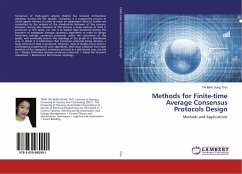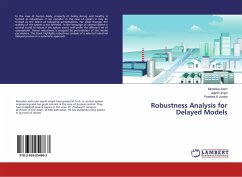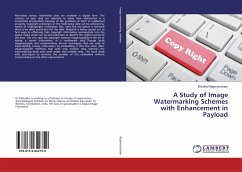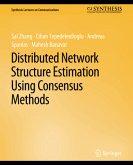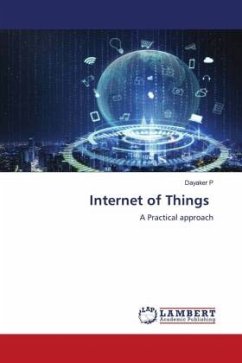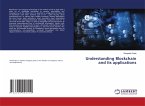Consensus of multi-agent systems (MASs) has received tremendous attention during the last decade. Consensus is a cooperative process in which agents interact in order to reach an agreement. Most of studies are committed to the analysis of the steady-state behavior of this process. However, during the transient of this process a huge amount of data is produced. In this book, our aim is to exploit data produced during the transient of asymptotic average consensus algorithms in order to design nite-time average consensus protocols, assess the robustness of the graph, and eventually recover the topology of the graph in a distributed way. In detail, it is well-known that consensus protocols being iterative, a huge amount of data is produced. However, most of studies focus only on convergence properties of such algorithms. With data collected from each iteration of the asymptotic consensus protocol in a distributed way, we aim to: - Design nite-time average consensus protocols. - Assess the network robustness. - Reconstruct the network topology.
Hinweis: Dieser Artikel kann nur an eine deutsche Lieferadresse ausgeliefert werden.
Hinweis: Dieser Artikel kann nur an eine deutsche Lieferadresse ausgeliefert werden.

